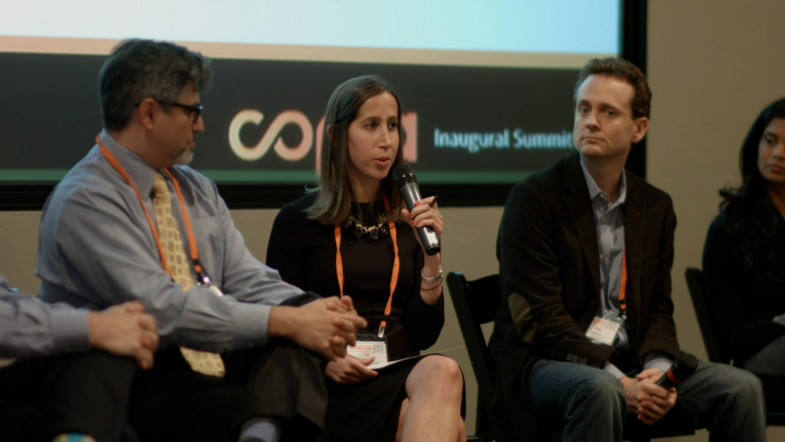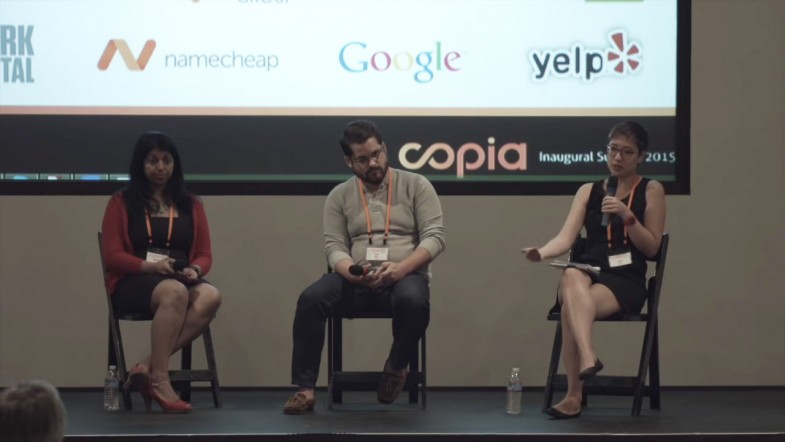The Copia Institute and the Center for a New American Security are working together on an ongoing project to facilitate better communication and collaboration between Silicon Valley and Washington. In this, our first publication from the project, we report the results of an exploratory study into key issues of shared concern and ways to promote better dialog, based on personal interviews and an online survey of subject matter experts, policy leaders, academics, technology executives, and consultants.
The report was written by Loren DeJonge Schulman, Alexandra Sander, and Madeline Christian and includes a detailed explanation of our methodology, findings, and future plans — as well as our six key lessons for success in building collaboration between the government and the technology industry.
The full report is available as a PDF and embedded below.


